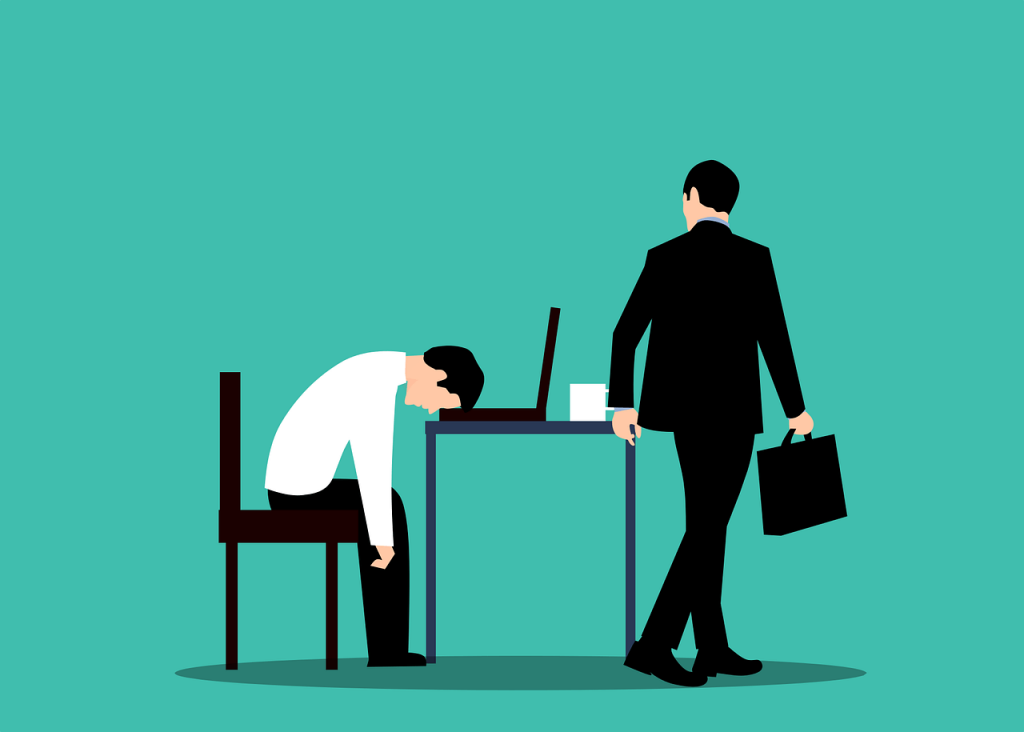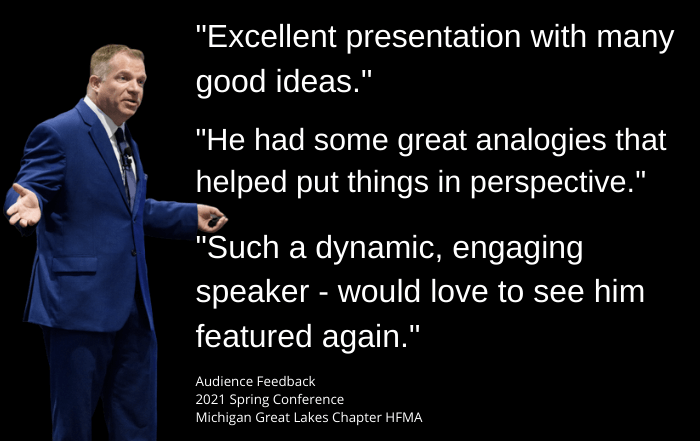 If you’re a sleep-deprived leader, then you may find yourself frustrated on the job. While you’re talented and have solid skills, does it seem like your focus is not as sharp as it should be and your performance suffers during important moments?
If you’re a sleep-deprived leader, then you may find yourself frustrated on the job. While you’re talented and have solid skills, does it seem like your focus is not as sharp as it should be and your performance suffers during important moments?
The problem could be related to not getting enough sleep. And that may hold back your career.
Casper and Gallup recently released the 2022 State of Sleep in America Report. The findings show 49% of the respondents say sleep has an impact on their work. Other findings include:
- Only 35% of Americans report getting between seven and nine hours of sleep on average over the past month.
- One in three American adults (33%) — representing about 84 million people — describe their sleep the previous night as “fair” or “poor.”
- The American economy loses an estimated $44.6 billion annually in unplanned absenteeism as a result of poor sleep among workers.
Americans have a sleep problem and I’m sure it’s at the core of many workplace performance issues, as well as work-life balance challenges. Let’s wake up to a more restful and productive tomorrow with these tips:
Know What You Need
What is the number of hours of sleep, you need to get every night, so you can perform at a high level on the job? For instance, as soon as you start work, could you be an active participant in an important meeting or make a tough decision?
If you feel like you need two cups of coffee and 30 minutes before you can do anything on the job, then you may need more sleep. Many doctors recommend between seven and nine hours a night.
Track your sleep for a couple of weeks and see how many hours you need to feel well rested. That’s your target number and you really need to respect it. In order to hit that goal, you may need to adjust when you go to bed.
Limit Distractions
In order to get enough rest, you may need to eliminate things that keep you from getting to bed on time. Innocent activities like checking your work email, surfing the internet, or binge watching your favorite TV shows can end up pushing back your bedtime.
This is when you need to do some big picture prioritization. If you’re waking up tired, feel like you’re in a bad mood most days, and just aren’t as sharp as you should be at work, then you’re likely a sleep-deprived leader. You need to make sleep more of a priority.
Time to Unwind
Maybe you go to bed at the right time but can’t fall asleep for a while. It’s likely you may need some time to unwind before you can go to bed.
The sleep study found 81% of Americans report that their mental activity — thinking, mind racing or feelings — has prevented them from having a good night’s sleep.
I need roughly 90 minutes to slow my mind from work thoughts and become ready to sleep. I set a time, after which, I’m not going to do anything that will keep me actively or critically thinking.
Instead, I’ll watch TV, listen to music, or read. All of these activities help me put a busy day behind me and prepare me for bedtime.
Counting Sheep Techniques For the Sleep-Deprived Leader
Have you ever woke up, in the middle of the night, and your mind is racing in full work mode? Even if you’ve been sleeping soundly, it’s like your brain is performing like it’s 2 p.m., even though it’s only 2 a.m.
As a sleep-deprived leader, how can you slow down your mind and get back to sleep? I’ve found a couple of techniques can help.
Sometimes I’ll listen to an hour-long podcast and find that I’ll fall asleep before it ends. I make sure the topic is not too controversial and I prefer episodes that don’t have commercials, as the audio may get louder during those breaks.
This method does require some planning, as you want to have your phone or tablet near your bed. For the sake of those who may be in the room, you probably should also wear headphones.
I’ve also had some good luck with a game I’ve created. It has me count up from one to ten. Before each number I take a deep breath and then think about something related to that number, even if it’s nonsensical. For instance:
- One. (breathe in an out) One is a good number to be if you’re standing in line at the deli.
- Two. (breathe in an out) Two people makes dancing a lot easier.
- Three (breathe in an out) Three people can fill a row of an airplane.
Very often, I never make it past the number six or seven before I fall asleep. Also, every time I do the exercise, I try to change my responses. It’s whatever randomly comes into my mind.
Finally, some may want to talk to their doctor about ways to improve sleep habits.






